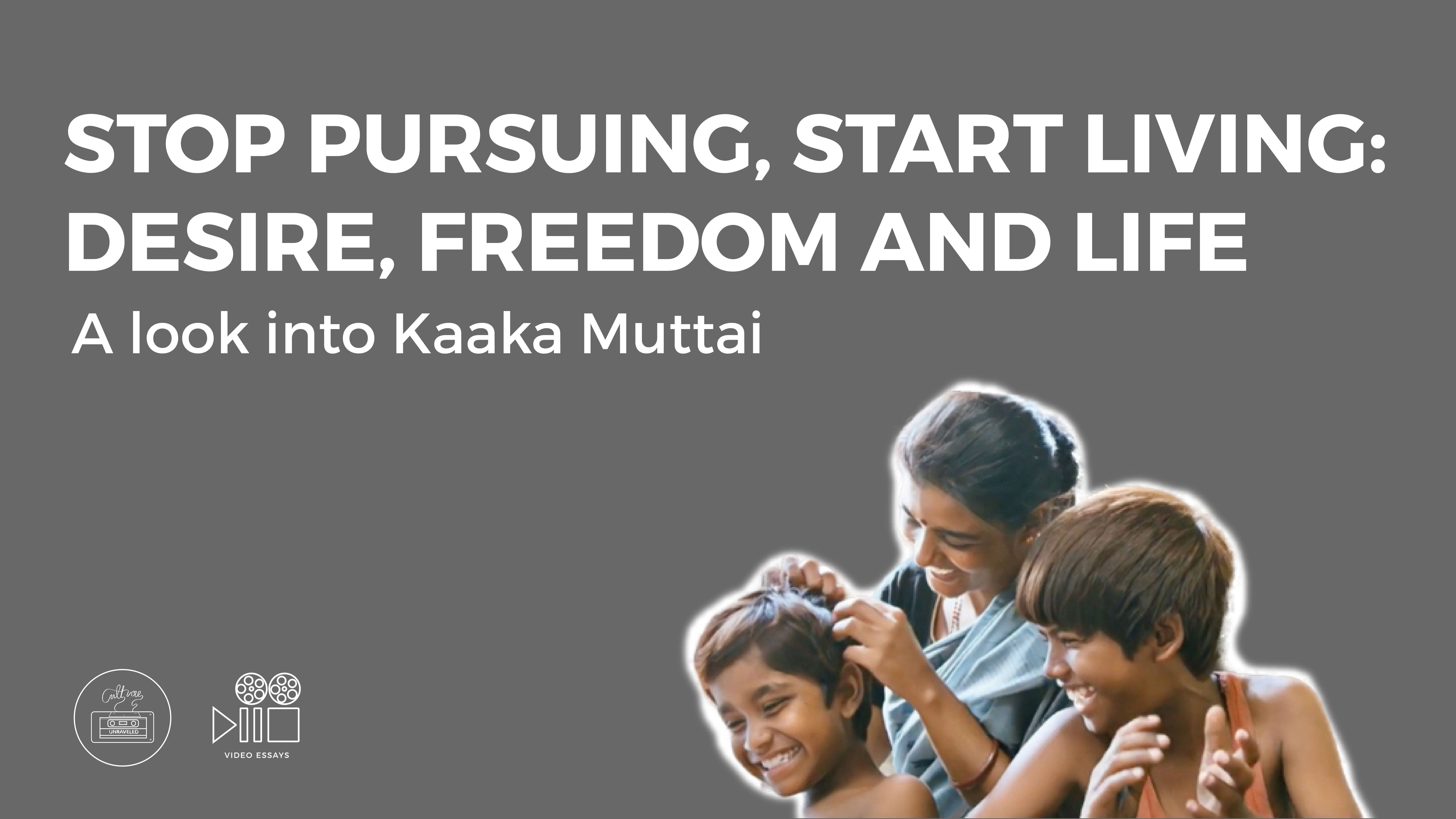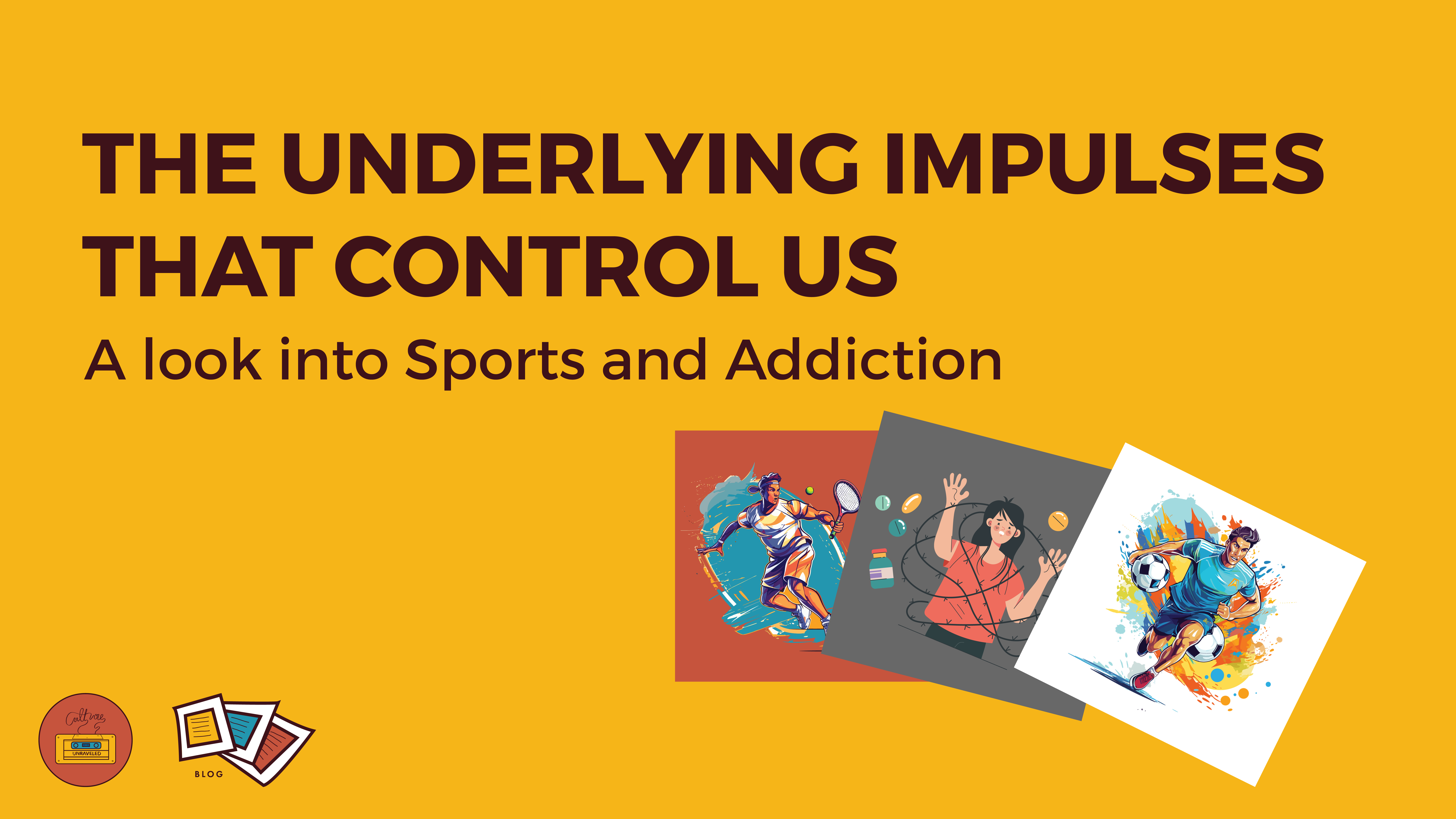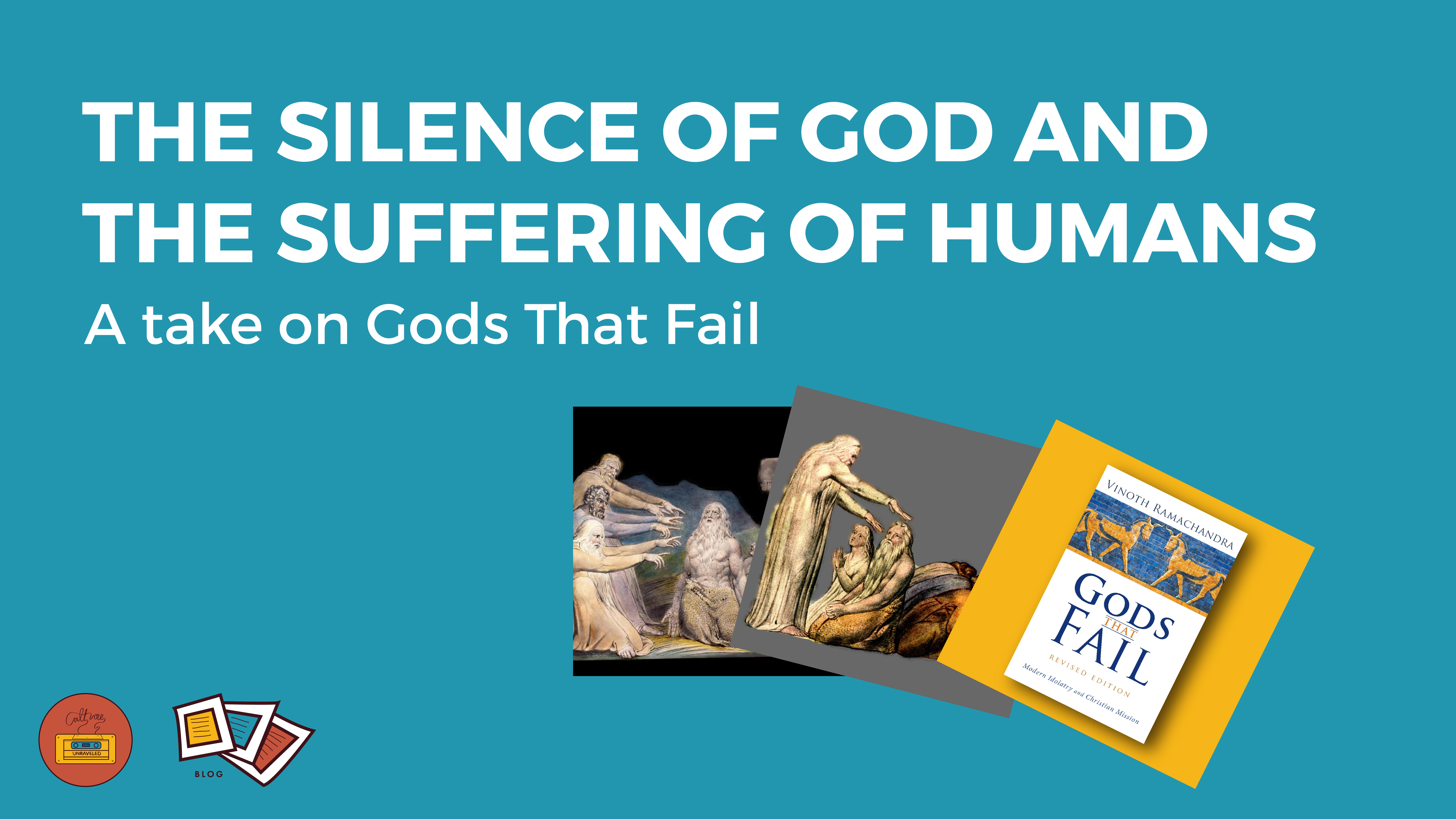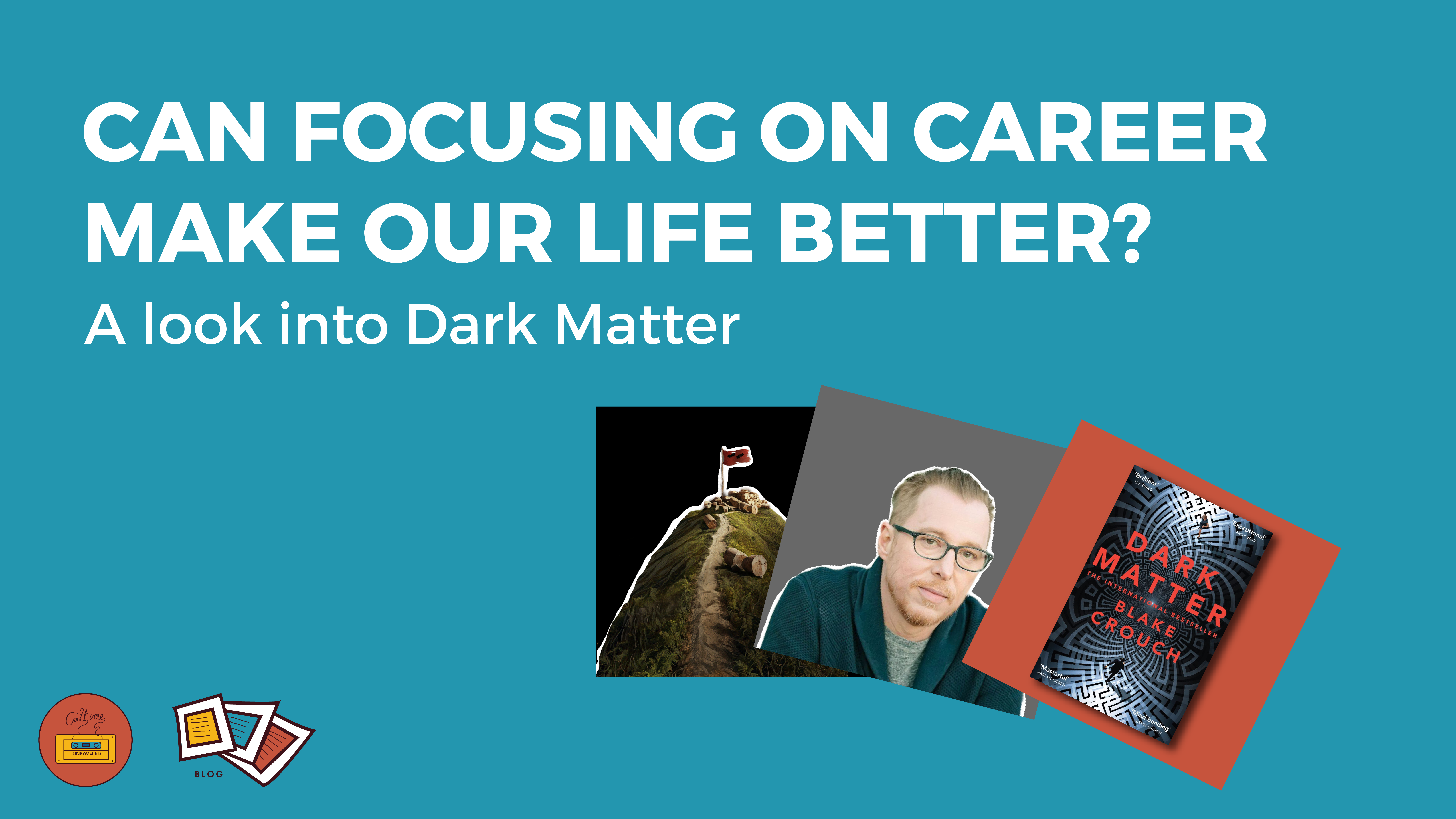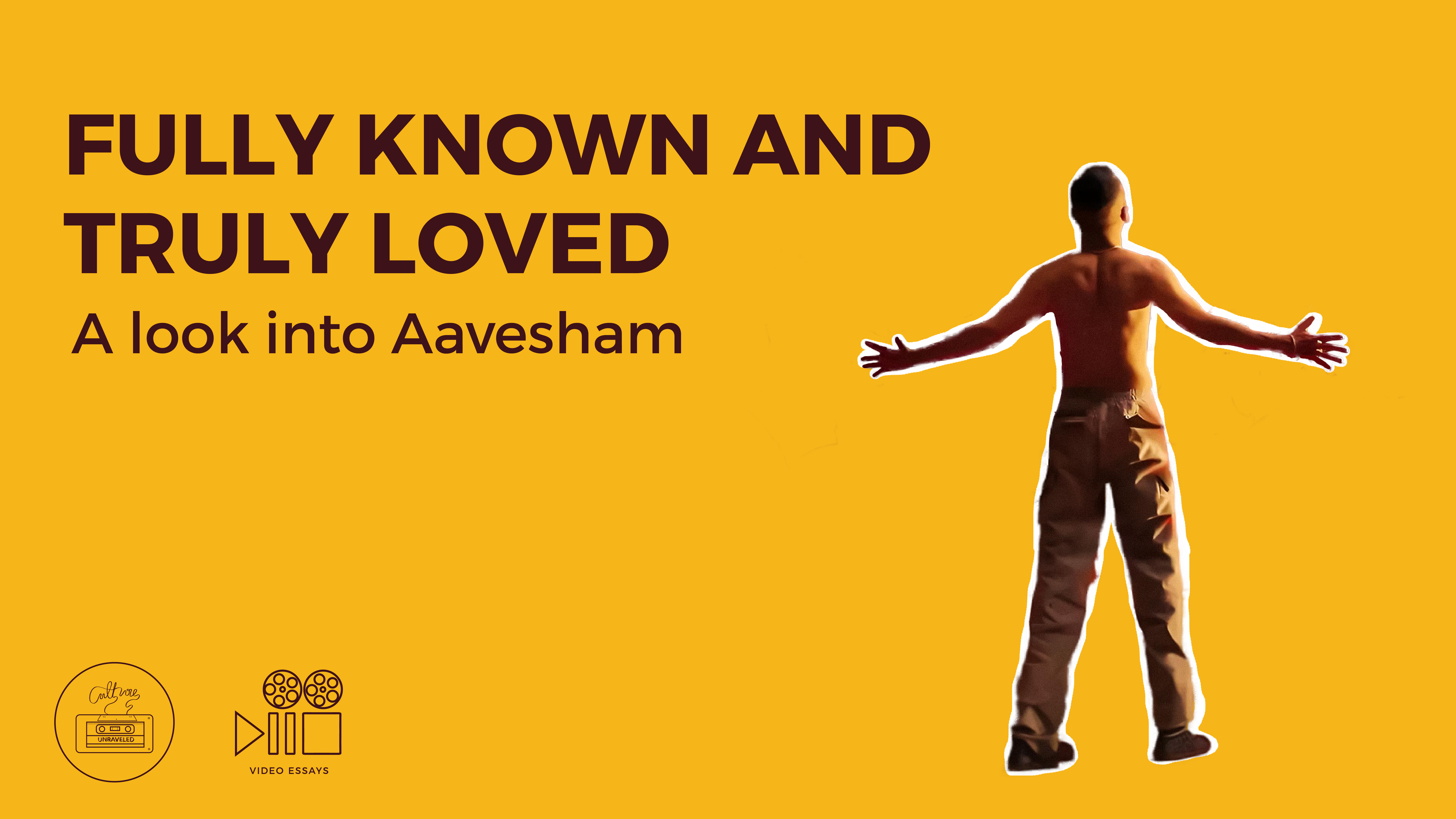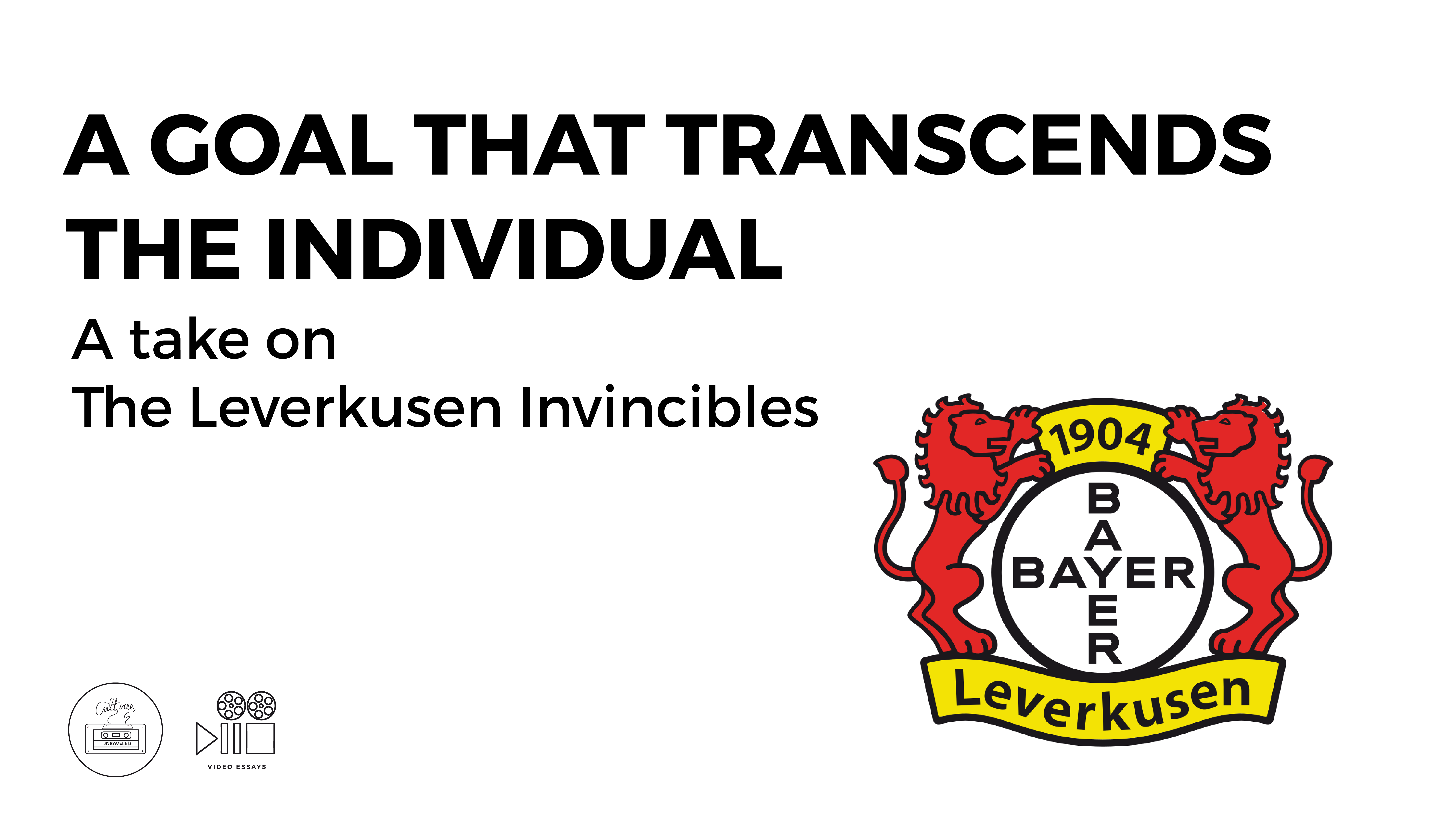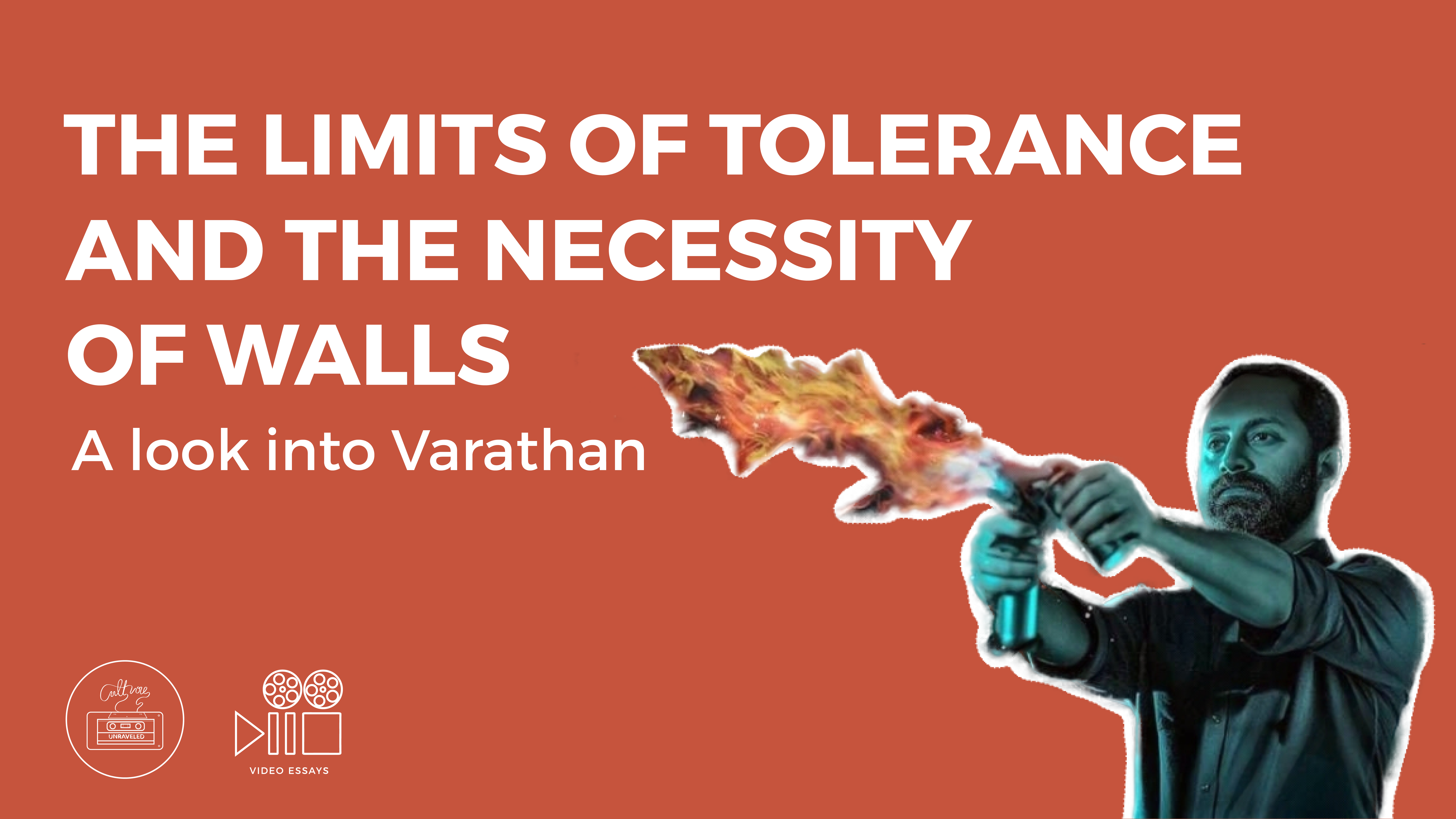
1. The Power of Attention and Hope
There are several ways in which the objects of our attention shape our reality. First, when we pay attention to something, we tend to maximize its relevance and importance, such that it determines how we see everything else. If we encounter news of crime and violence daily, it becomes the object of our attention, and we tend to give it more importance than the rest of the situations in our lives. So, our attention determines what we perceive as essential.
Second, the objects of our attention influence our beliefs and our values. If we pay attention to the negative aspects of our lives, we will perceive the world as a hostile place. Conversely, if we focus on the positive aspects of a situation, like stories about acts of kindness and compassion, we see the world as a positive place. So, our attention shapes what we believe and value about the world.
And third, they affect our emotions. If we perceive the world as hostile, we are more likely to experience stress, anxiety, and depression. Likewise, when we perceive the world as an inherently good place, we are more likely to experience joy and contentment. So, what we pay attention to, determines how we feel.
If the objects of our attention shape what we see, think, and feel about our world, we must be careful with what grabs most of our attention daily. If our perception of the world is guided by our attention to its brokenness, sin, and pain, then we experience only misery. But if we see the pain and suffering of this world through the hope presented to us in the gospel, then we experience joy. Jesus’ words in Matthew’s gospel resonate with this view. He talks about how our perception of reality will be clear or full of light based on how we see it (Matt 6:22-23). However, he does not invite us to ignore the brokenness of this world. Instead, he offers us hope through which we make sense of the suffering of this world. And it would be wise to heed his invitation to see the world from his perspective, not to deny the reality of sin, pain, or suffering, but to see all of them through the eternal hope only he can offer us.
Therefore, paying close attention to the gospel’s hope determines our worldview. It determines what we see, hear, and think about and can significantly impact our beliefs, values, and emotions. Even though we experience the reality of pain and suffering, it doesn’t have to grab all of our attention. Instead, by focusing on the hope that Jesus offers us in the gospel, we can acknowledge sin and brokenness through the greater reality of hope and eternal life in Christ. In other words, paying attention to Jesus’ invitation to see the world through his eyes would be wise, and we would do well to heed it.
2. Faith and Negative Emotions
One of the most researched topics in the field of social cognition is ‘attention.’ Psychologists define attention as the ability to actively process relevant information while filtering out what we think is irrelevant for that particular time. Such selective attention enables us to condense large amounts of data into familiar patterns, and we tend to see what we choose and expect to see. This process is significant as it allows us to choose to attend to what is essential, enables meaning-making in chaotic situations, and shapes our perceptions of reality. In other words, our attention shapes our perspectives of the world by determining what we see, hear, and think about, allowing us to make sense of the reality we encounter daily.
Jesus wept. This is the shortest and probably one of the most intriguing verses in the Bible. The gospels tell us that Jesus weeps because of the death of his beloved friend, Lazarus. But as we encounter this verse and the context in which it was written, we often hear the common question as to why Jesus had to weep if he had God’s power to change his friend’s circumstances.
The underlying assumption in this question is that if Jesus knew he could raise Lazarus from death, then his weeping must be unnecessary. In other words, Jesus did not have to express negative emotions because he knew he had the power to reverse suffering and death. But we see that Jesus does not merely express a slight discomfort at the reality of death. Instead, he expresses the full extent of his anguish when pain and death confront him.
But often, Christians perceive negative emotions as a sign of faithlessness or a lack of trust in God’s power. So, how do we fit the reality of negative emotions and faith together? If Jesus expressed anguish at the death of his friend, then we find a precedent for our experience of negative emotions in our faith journey. And it would be wise to consider their purpose if we must wholly experience what it means to have faith.
First, any emotion we experience signifies that we are the bearers of God’s image. In the Scriptures, God expresses all kinds of human emotions, like joy, anger, sadness, jealousy, etc. Even though God’s emotions are without sin, He experiences a full range of human emotions. And as we do the same, we bear witness to the reality of being made in the image of God.
Second, emotions often signify our capacity to choose freely in the Scriptures. We are not robots designed to obey the commands of a loving God to whom we cannot relate. Instead, we are created to choose to love God or not love God freely. We can experience such freedom authentically only if we experience it with all our emotions, including the negative ones. So, an experience of the full range of our emotions, including the negative ones, signifies our experience of authentic freedom.
And third, our emotions, especially the negative ones, allow us to acknowledge the reality of this broken world. Even though our faith allows us to trust God’s power in all circumstances, we cannot deny that sin and suffering still plague our world. And as we experience this reality, we inevitably confront emotions like anger, grief, despair, and misery. They do not signify a lack of faith. Instead, they point us to what is true about our world without necessarily making us lose focus on what is true about God.
Therefore, the reality of negative emotions and faith are not mutually exclusive. They can be complementary. Negative emotions can help us to bear witness to the reality of being made in the image of God, experience authentic freedom, and acknowledge the reality of this broken world. Jesus’ weeping at the death of his friend Lazarus is a reminder that negative emotions are a part of the human experience. They are not a sign of faithlessness or a lack of trust in God’s power. Instead, they can be a way of connecting with God and with others who are experiencing similar emotions.
3. Minimalism: Liberation or Trend?
Joshua Millburn and Ryan Nicodemus are two American authors, podcasters, filmmakers, and public speakers who promote a minimalist lifestyle. They are known for the Netflix documentaries Minimalism (2016), and the Emmy-nominated Less Is Now (2021); the New York Times bestselling book Love People, Use Things (2021); The Minimalists Podcast; and their minimalism blog.
The Minimalists’ main idea is that we should only own the things that bring us joy. They argue that we are often weighed down by possessions we don’t need or use. They believe minimalism can help us simplify our lives, focus on what is truly important, and live more intentionally. With their philosophy gaining a massive following, minimalism has become a way of life for many people.
Owning fewer possessions, living intentionally, being free from wanting to possess, and having a lifestyle that is counter-cultural to the modern era, are the hallmarks of a minimalist lifestyle. By removing the distractions of excess possessions and promoting the value of the things that truly matter, many adherents of this philosophy speak of the freedom they gained from a consumerist attitude. They would rather live free from possessions and even want to have any possessions that are unnecessary to live a meaningful life. And the things that add value to their life are personal relationships, fulfilling their life’s purpose, and contributing to the community.
While the minimalist philosophy does point us to what is essential for life: freedom from possessions, finding meaning in personal relations, and purpose in contributing to the well-being of our communities, it does not have the power to change the posture of our hearts. With the advent of minimalism, some people might have found fulfillment in decluttering their lives and freeing themselves from distractions.
Still, most people only used it to change from one lifestyle to another, with the desire for material possessions remaining. And in doing so, they have conformed to the social pressure of following a popular cultural trend, with no definitive change in how they look at possessions and what their hearts truly desire.
The minimalist philosophy offers valuable insights into simplifying our lives, focusing on what truly matters, and finding freedom from the burden of excessive possessions. It has resonated with many individuals seeking a more intentional and meaningful way of life. However, the popularity and commercialization of minimalism, has made it for some, an expensive lifestyle, focusing on investing in high-quality, minimalist-oriented items.
The trendiness of the lifestyle has caused some to adopt it simply as a way to conform to societal pressure rather than genuinely leading them toward a transformation of their desires. Without a more profound change in one’s mindset, it is possible to still be driven by the desire for material possessions.

